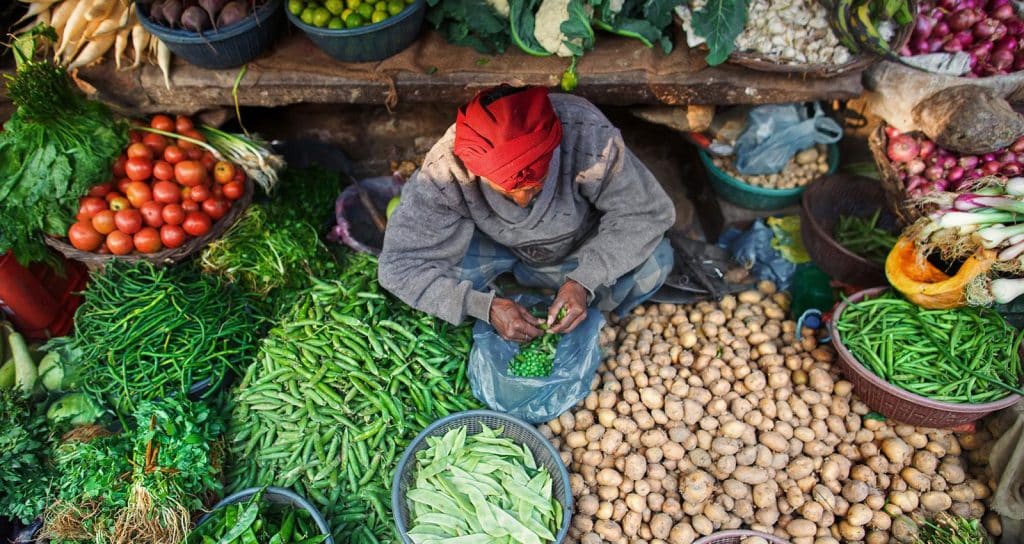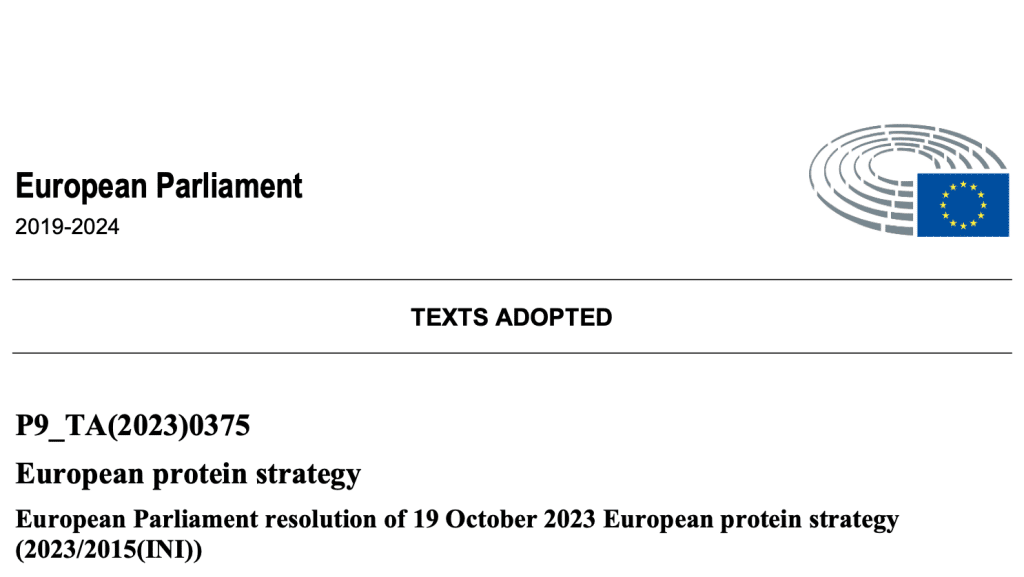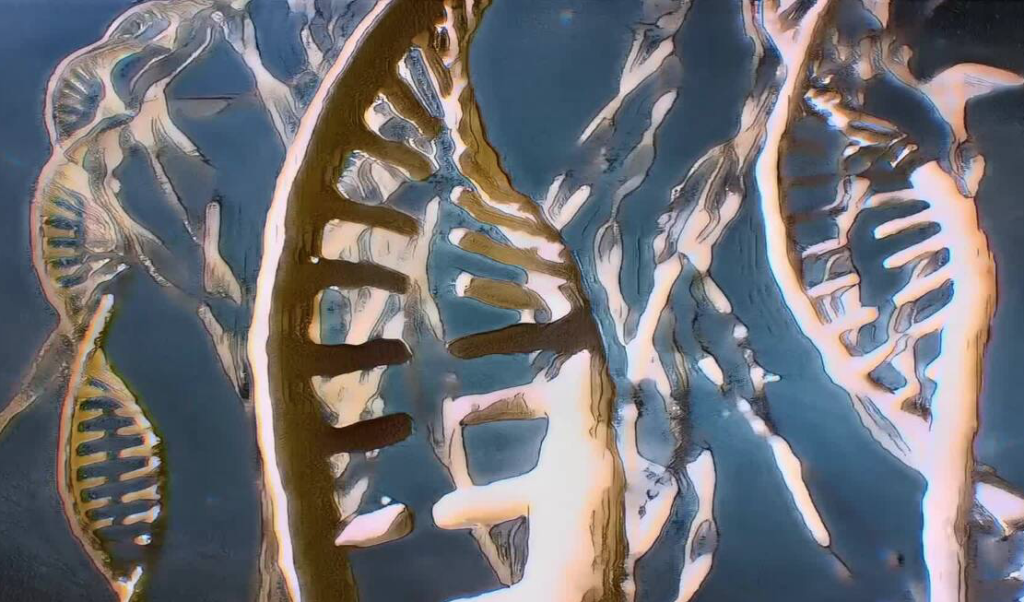In a time where the global food landscape is rapidly evolving, the European Union is taking a substantial step towards securing its food security, fostering sustainability, and addressing the environmental challenges that lie ahead. The European Parliament’s Resolution of 19 October 2023 on the European Protein Strategy is a pivotal document that outlines a comprehensive vision for the future of protein production within the EU. This resolution encompasses a multitude of critical facets, from strengthening food security and reducing dependence on external suppliers to embracing sustainability, diversification, and innovative approaches to protein sources.
In this blog, we’ll delve into the key points of this resolution, explore the various strategies that the EU is poised to adopt, and highlight how these developments are in alignment with the objectives and interests of organizations like Global Bugs Asia. The European Protein Strategy represents a significant stride towards a more sustainable, resilient, and secure food future for the European Union and serves as a blueprint for the global pursuit of sustainable protein solutions.
Strengthening EU Resilience and Food Security
In this visionary quest for enhanced protein production in the European Union (EU), various key points come to light. The EU aims to boost its resilience and food security by reducing reliance on a few suppliers. A shift towards domestic production and competitive markets is paramount.
Sustainability and Diversification
Sustainability, diversification, and increased focus on plant-based proteins take center stage to ensure food availability and resilient supply chains.

Green Benefits of Protein Plants and Grasslands
Furthermore, growing protein plants and grasslands is seen as a viable solution, offering benefits for soil quality, climate, and biodiversity. Extensive grassland-based animal farming aligns with natural dietary needs, helps combat climate change, and contributes to a circular economy.
Empowering Farmers for a Resilient System
The text underscores the pivotal role of farmers in building a resilient protein system. A holistic approach is necessary for sustainable food systems.
Importing Sustainability
The importance of importing products that meet EU sustainability standards is stressed to prevent deforestation and environmental damage.
Global Demand and Support for Farmers
Global demand for proteins is on the rise, underlining the urgency for more support and profitable business models for farmers.
Research and Development for Enhanced Protein Sources
Additionally, the text highlights the need for research and development in enhancing protein sources, emphasizing the importance of grassland fertilization and alternative organic products for sustainable livestock production. Notably, Global Bugs Asia is presently a part of research projects in Thailand, collaborating with Ms. Varongsiri Kemsawasd from Mahidol University in Bangkok, furthering the cause of innovative and sustainable protein solutions.

Bioenergy and Fisheries Contribution
Utilizing bioenergy products from protein-rich crops offers additional benefits. The fisheries and aquaculture sectors play a significant role in providing sustainable protein sources, aligning with the goal of promoting healthy diets.
Innovations in Protein Sources
The text explores the potential of insects and algae as alternative protein sources and calls for regulatory adjustments to accommodate these innovations. The issue of cell-based food production and the Novel Food regulation is addressed with a focus on consumer interests.
A More Sustainable EU Food System
Furthermore, the text calls for comprehensive impact assessments of novel foods and emphasizes the need for a more transparent and efficient authorization process. All of these efforts ultimately contribute to a more sustainable EU food system.
A Shared Vision with Global Bugs Asia
In conclusion, the EU is determined to enhance its protein production while keeping sustainability at the forefront. This approach aligns perfectly with the interests of Global Bugs Asia, who share a commitment to sustainable and innovative protein solutions. Importantly, Global Bugs Asia is setting higher standards on its production than required by the European Food Safety Authority (EFSA), based on the demands from large food producing companies. With a predominant focus on crickets for human consumption, Global Bugs Asia is primarily targeting the Asian market, catering to the specific needs and demands of this dynamic region. Together, we can work towards a more resilient, environmentally friendly, and secure food future for the EU and beyond, setting the bar high for sustainability and innovation in protein production.






